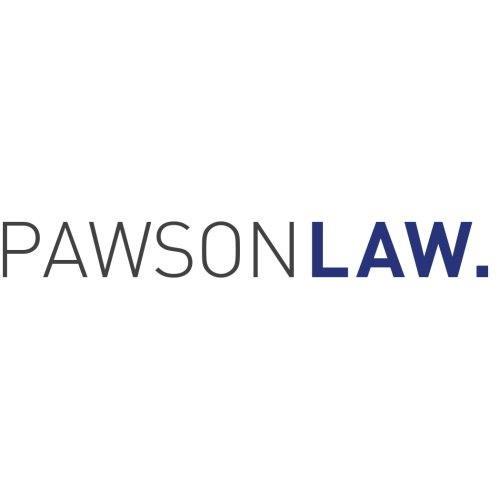Best Criminal Defense Lawyers in Tauranga
Share your needs with us, get contacted by law firms.
Free. Takes 2 min.
List of the best lawyers in Tauranga, New Zealand
About Criminal Defense Law in Tauranga, New Zealand
In Tauranga, New Zealand, as is the case throughout the country, the criminal defense law is based on the principle of 'innocent until proven guilty'. It is the duty of the prosecution to prove beyond reasonable doubt that the defendant committed a crime. The defense counsel is responsible for representing the accused person, protecting their rights, ensuring correct legal procedures are followed, challenging the prosecution's evidence and presenting an effective defense. This includes trial advocacy, plea bargaining, appeals, and mitigations for sentencing.
Why You May Need a Lawyer
Engaging a lawyer is crucial if you find yourself involved in any criminal proceedings. Criminal allegations can lead to significant penalties, including prison sentences, heavy fines, and long-term implications on your personal and professional life. A criminal defense lawyer can provide expert advice, represent you in court, negotiate with the prosecution, and significantly increase your chances of obtaining a favorable outcome.
Local Laws Overview
Criminal defense in Tauranga follows the general New Zealand law which is based primarily on English law. Crimes such as theft, assault, drug offenses, fraud, and manslaughter are dealt with by the Crimes Act 1961. Other important legislation includes the Summary Offenses Act 1981, dealing with minor crimes, the Misuse of Drugs Act 1975, and the Arms Act 1983, among others. The legal process includes arrest, bail, plea, trial, sentence, and appeal. A lawyer can help navigate this process and explain pertinent local laws.
Frequently Asked Questions
Can I represent myself in court?
While you have the right to represent yourself, it is usually inadvisable due to the complex nature of criminal law. A qualified criminal defense lawyer has the necessary knowledge and expertise to fight for your rights and interests efficiently.
What are my rights upon arrest?
When you are arrested, you have the right to remain silent; you don't have to make a statement or answer any question except to give your name, address, date, and place of birth. You also have the right to phone a lawyer in private as soon as possible.
What does ‘Beyond a Reasonable Doubt’ mean?
'Beyond a reasonable doubt' is the standard of proof used in criminal trials. If the prosecution fails to prove the defendant's guilt to this standard, then they should be acquitted.
Do I have to go to jail if convicted?
Not necessarily. Depending on the nature and seriousness of the offense and your past criminal history, alternatives to imprisonment such as Home Detention, Community Work, or Fines might be possible.
Can I appeal my conviction?
Yes, if you believe that there has been a mistake in your case, you can appeal to a higher court.
Additional Resources
For more information and legal advice, you can reach out to organizations such as The New Zealand Law Society, Community Law Centres, and Citizens Advice Bureau. They provide a wide range of resources tailored for the legal needs of individuals. Also, the Legal Aid services by the New Zealand government can provide financial assistance for legal representation.
Next Steps
If you need legal assistance in a criminal case, it's essential to act promptly. Seek legal advice as soon as possible by contacting a criminal defense lawyer in Tauranga. Prepare for the first meeting by gathering all relevant documents and information. Be honest and clear in explaining your situation to the lawyer, so they can give you suitable advice and represent you effectively.
Lawzana helps you find the best lawyers and law firms in Tauranga through a curated and pre-screened list of qualified legal professionals. Our platform offers rankings and detailed profiles of attorneys and law firms, allowing you to compare based on practice areas, including Criminal Defense, experience, and client feedback.
Each profile includes a description of the firm's areas of practice, client reviews, team members and partners, year of establishment, spoken languages, office locations, contact information, social media presence, and any published articles or resources. Most firms on our platform speak English and are experienced in both local and international legal matters.
Get a quote from top-rated law firms in Tauranga, New Zealand — quickly, securely, and without unnecessary hassle.
Disclaimer:
The information provided on this page is for general informational purposes only and does not constitute legal advice. While we strive to ensure the accuracy and relevance of the content, legal information may change over time, and interpretations of the law can vary. You should always consult with a qualified legal professional for advice specific to your situation.
We disclaim all liability for actions taken or not taken based on the content of this page. If you believe any information is incorrect or outdated, please contact us, and we will review and update it where appropriate.
Browse criminal defense law firms by service in Tauranga, New Zealand
Tauranga, New Zealand Attorneys in related practice areas.











